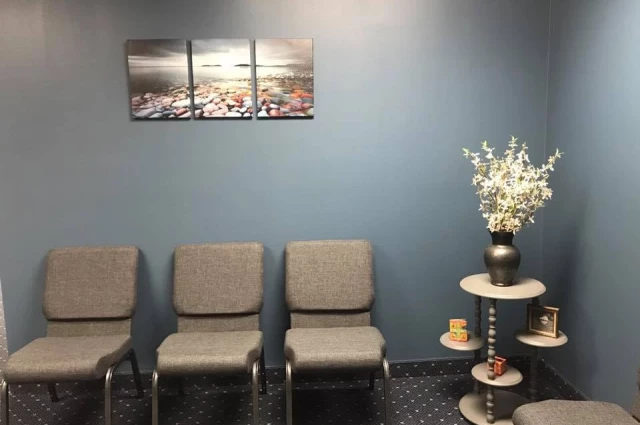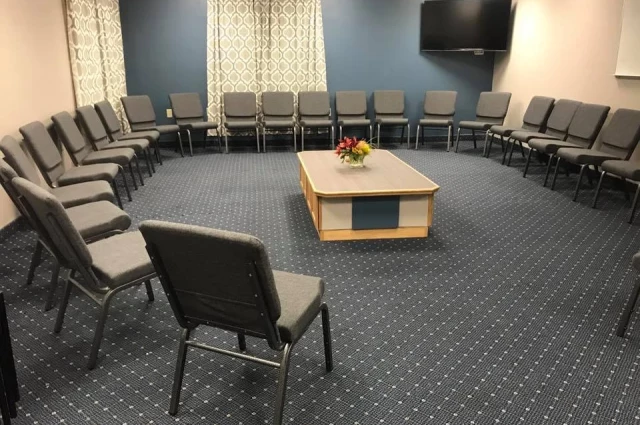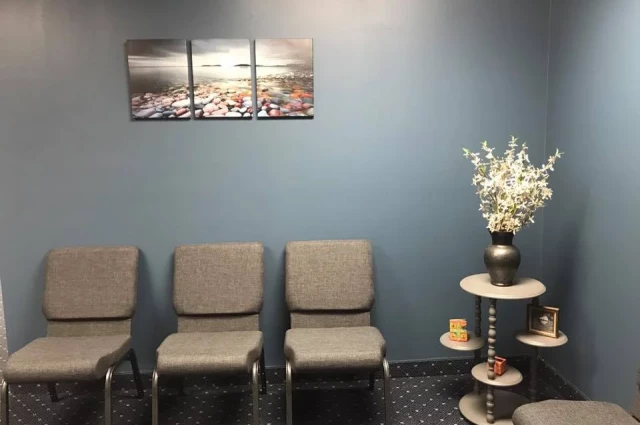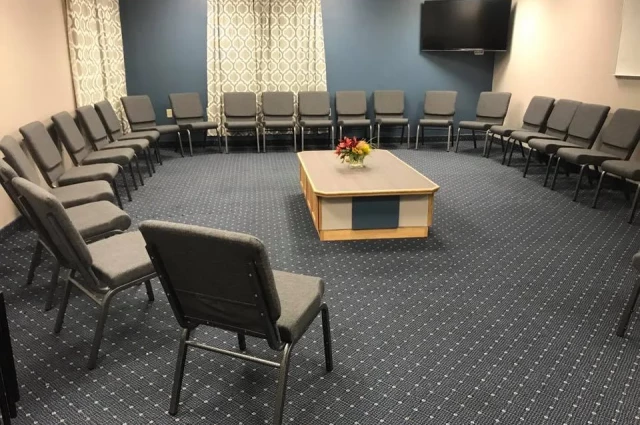Lakeview Behavioral Health Information
Treatment
Who We Treat
- Children
- Teens / Adolescents
- Young Adults (18–25)
- Adults
- Seniors/Older Adults
- Adolescents
- Older Adults
- Male and Female
- LGBTQ+
- Veterans
Approaches
- Family Therapy
- Group Therapy
- Cognitive Behavioral Therapy (CBT)
- 1-on-1 Counseling
- Nutrition Counseling
- Online Therapy
- Life Skills Training
- Relapse Prevention Counseling
Conditions We Treat
- Trauma
- Gambling
- Anger
- Co-Occurring Disorders
Substances We Treat
- Chronic Relapse
Languages
- English
Aftercare
- Outpatient Treatment
- Intensive Outpatient Program
- Continuing Care
- Support Meetings
Level of Care
- Outpatient
- Day Treatment
- Aftercare/Continuing Care
Experience
Smoking and Vaping Policy
- Smoking Allowed in Designated Areas
- Vaping Allowed in Designated Areas
Accreditations
-
State mental health department
State mental health department accreditation refers to the process of evaluating and certifying the quality and standards of a state's mental health department, ensuring that it provides high-quality services and meets specific criteria for mental health care. The accreditation process is performed by a third-party organization and helps to improve the overall care and treatment of individuals with mental health conditions.
-
SAMHSA certification for opioid treatment program (OTP)
Accreditation by the Substance Abuse and Mental Health Services Administration (SAMHSA) for Opioid Treatment Programs (OTPs) signifies that a program has met strict standards for providing high-quality care to individuals with opioid use disorders. It assures patients, families, and communities that the OTP follows evidence-based practices, employs qualified staff and maintains a safe and effective treatment environment. This accreditation reflects the program's commitment to addressing the opioid epidemic and promoting recovery.
-
State department of health
Government agencies issue State Licenses, granting permission to rehabilitation organizations to conduct their business operations lawfully within specific geographic regions. Generally, the particular rehabilitation programs offered by a facility and its physical location dictate the necessary licenses needed for legal operation.

Lakeview Behavioral Health Accepts The Following Insurance Plans
Find the best treatment options. Call our free and confidential helpline today!





